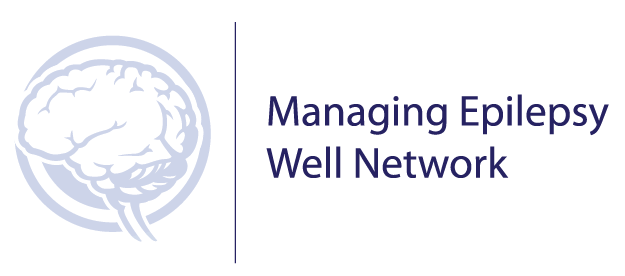Instruments for Researchers
The instruments below are publicly available and do not require permission for use. However, we ask that you please credit the authors appropriately.
Adult Epilepsy Self-Management Measurement Instrument (AESMMI-65)
The Adult Epilepsy Self-Management Scale (AESMMI-65) is a 65-item scale that assesses the frequency of use of epilepsy self-management behaviors. The 65 items are grouped in 11 domains: 1) Healthcare communication; 2) Treatment management; 3) Coping; 4) Social support; 5) Seizure tracking; 6) Wellness; 7) Seizure response; 8) Safety; 9) Medication adherence; 10) Stress management; and 11) Proactivity.
The AESMMI-65 has acceptable internal consistency and construct validity (with a Cronbach alpha of .935). Each item is rated on a 5-point scale ranging from 1 to 5, and includes an option for "Not Applicable". 7 items are negatively phrased and require reverse-coding. Higher scores indicate more frequent use of self-management practices.
Contact Dr. Cam Escoffery with any questions about the AESMMI-65.
Epilepsy Outcome Expectancy Scale
Outcome expectancy is defined as a judgment of the likely consequences of practicing self-management strategies and is operationally defined by three scales assessing outcomes expected if one follows one’s treatment, including taking medications, or if one has a seizure, or manages epilepsy well. Outcome expectancy related to treatment consists of 12 items with higher scores averaged over the 12 items corresponding to more positive outcome expectancies about treatment. Each item is rated on a 5-point scale from 1, strongly disagree, to 5, strongly agree.
Epilepsy Self-Management Scale (ESMS)
The Epilepsy Self-Management Scale (ESMS) is a 38-item scale that assesses frequency of use of epilepsy self-management practices. Each item is rated on a 5-point scale ranging from 1, never, to 5, always. This scale is in the public domain.
Epilepsy Self-Efficacy Scale
Epilepsy Self-Efficacy Scale is a 33-item scale that measures the different aspects of efficacy in the self-management of epilepsy. Items are rated on an 11-point Likert rating scale, ranging from 0, ‘I cannot do at all’, to 10, ‘sure I can do’.
Epilepsy Stigma Scale
The Parent Stigma Scale developed by Austin† was modified with permission for use to measure stigma in adults. The 5-item scale was expanded to 10 items that together assess the degree to which a person believes that epilepsy is perceived as negative and interferes with relationships with others. Each item is rated on a 7-point scale from 1, strongly disagree, to 7, strongly agree.
†Austin, J., Dunn, D., Huster, G., Rose, D. (1998). Development of scales to measure psychological care needs of children with seizures and their parents. Journal of Neuroscience Nursing, 30: 155-160.
